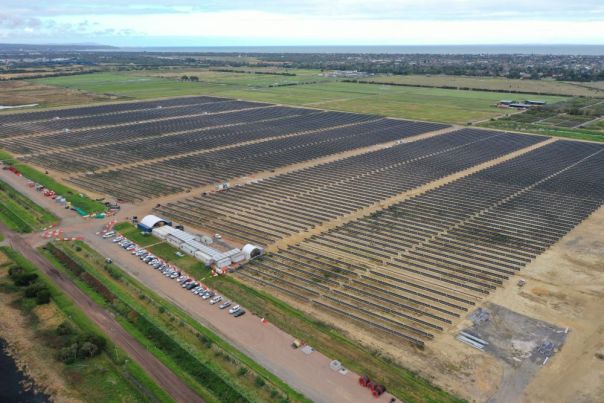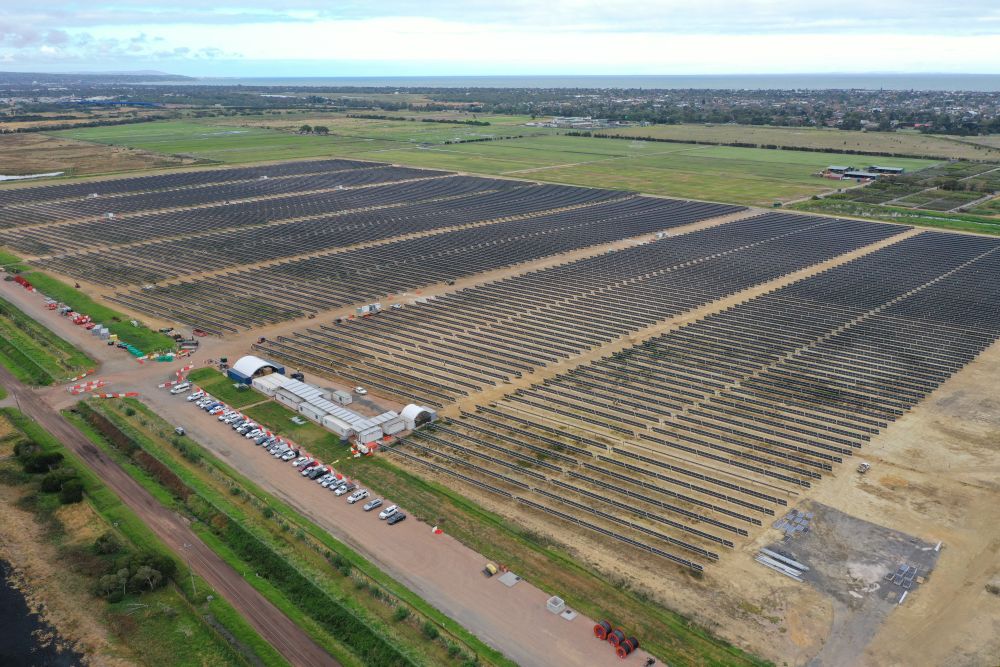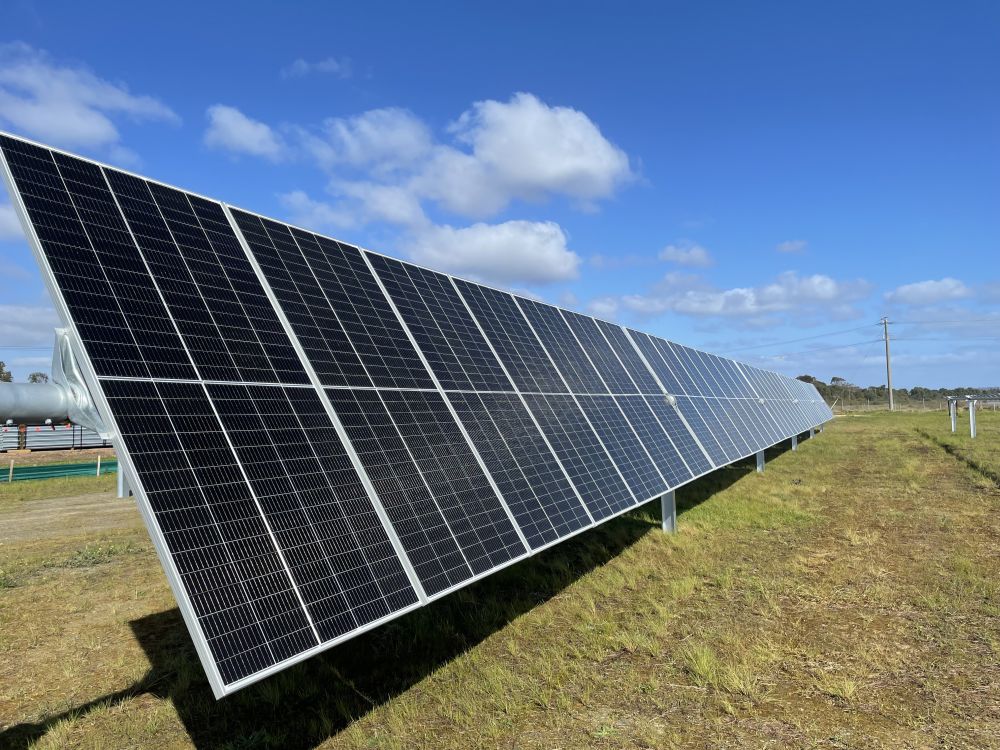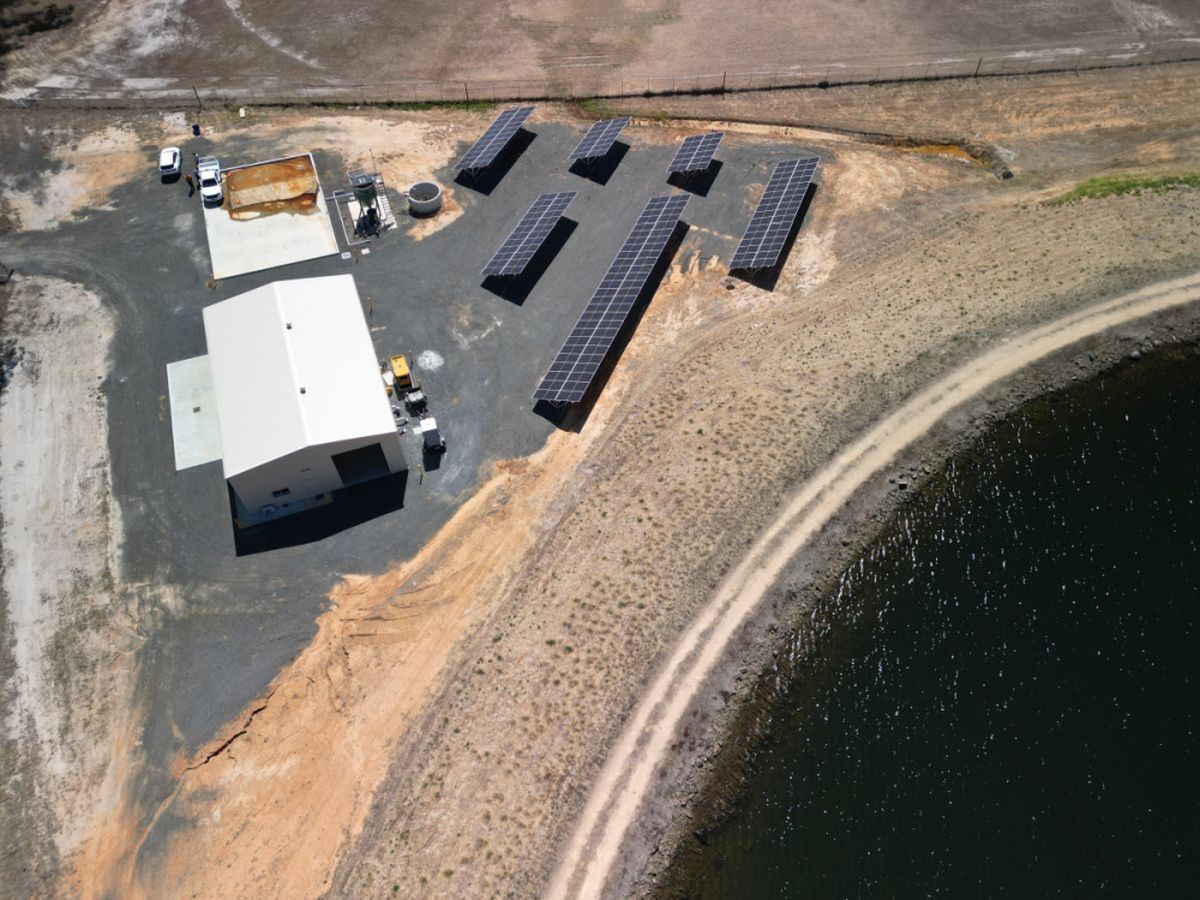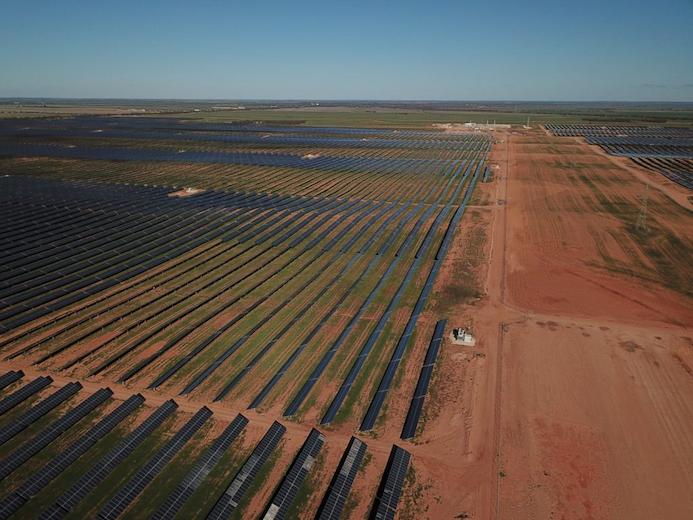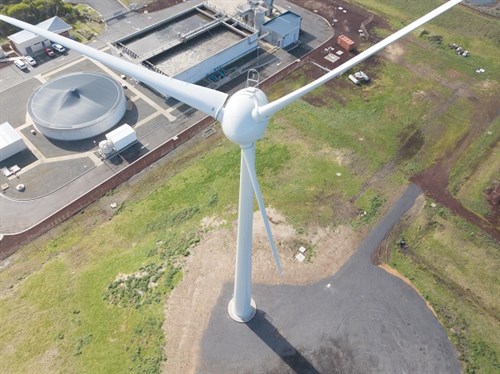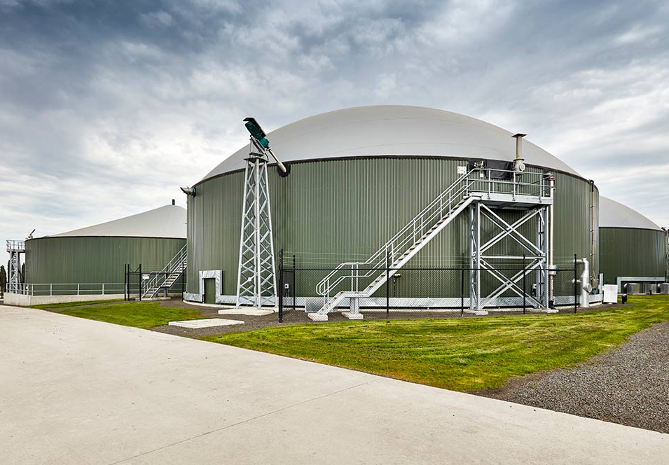What is sustainability in water?
Sustainability in water means delivering resources and services to meet the needs of a growing population without harming the environment or contributing to climate change. To be sustainable, we must look at how we use water and the impact it has on the world around us.
In 2020, the supply and treatment of water for communities, businesses, agriculture and other uses accounted for nearly 25% of the Victorian Government’s total greenhouse gas emissions. That is about 900,000 tonnes of carbon dioxide equivalent emissions. You might know this as tCO2-e. That is comparable to taking about two million cars off the road.
Emission reduction is a big challenge for the water sector, but efforts are well underway to cut these emissions and to adapt to the impacts of a changing climate. As of 2024, the sector’s emissions are now at their lowest since comprehensive emissions reporting began in 2012, and the sector has installed record levels of renewable energy generating solar, biogas, and hydroelectricity.
Taking action
Victoria’s 18 water corporations have committed to taking action by reducing their collective emissions by 93.7% by 2030. The goal is to reach net-zero emissions no later than July 2035. This includes sourcing 100% of their electricity needs from renewable sources by 2025. These are some of the ways we achieve this:
- Developing and using energy-efficient equipment.
- Capturing biogas to generate electricity (Melbourne Water’s Western Treatment Plant in Werribee meets around 80% of their electricity needs with biogas from the sewage treatment process).
- Investing in renewable energy generation (like Barwon Water’s Black Rock Solar Farm).
- Delivering innovative solutions to address the direct emissions associated with wastewater treatment.
- Site-specific projects across the state.
Sustainable Water Strategies are long-term plans for Victoria’s water resources to secure supplies for cities and towns, industry, the environment and Traditional Owners.
To do this, they identify challenges to water availability and quality (such as population growth and a changing climate that includes more extreme weather events).
Less reliance on rivers and waterways will help, as well as adaptation to periods of dramatically higher or lower rainfall. An increase of and transition to manufactured water including recycled water, stormwater and desalination is also key.
There are 3 regional sustainable water strategies for Victoria:
- Central and Gippsland Region Sustainable Water Strategy – 2022
- Northern Region Sustainable Water Strategy – 2009
- Western Region Sustainable Water Strategy – 2011.
Holly Wilson of the Water Sector Climate Adaptation team at the Department of Energy, Environment and Climate Action (DEECA) discusses what is being done to adapt to our changing climate as well as her path to working in this important area.

